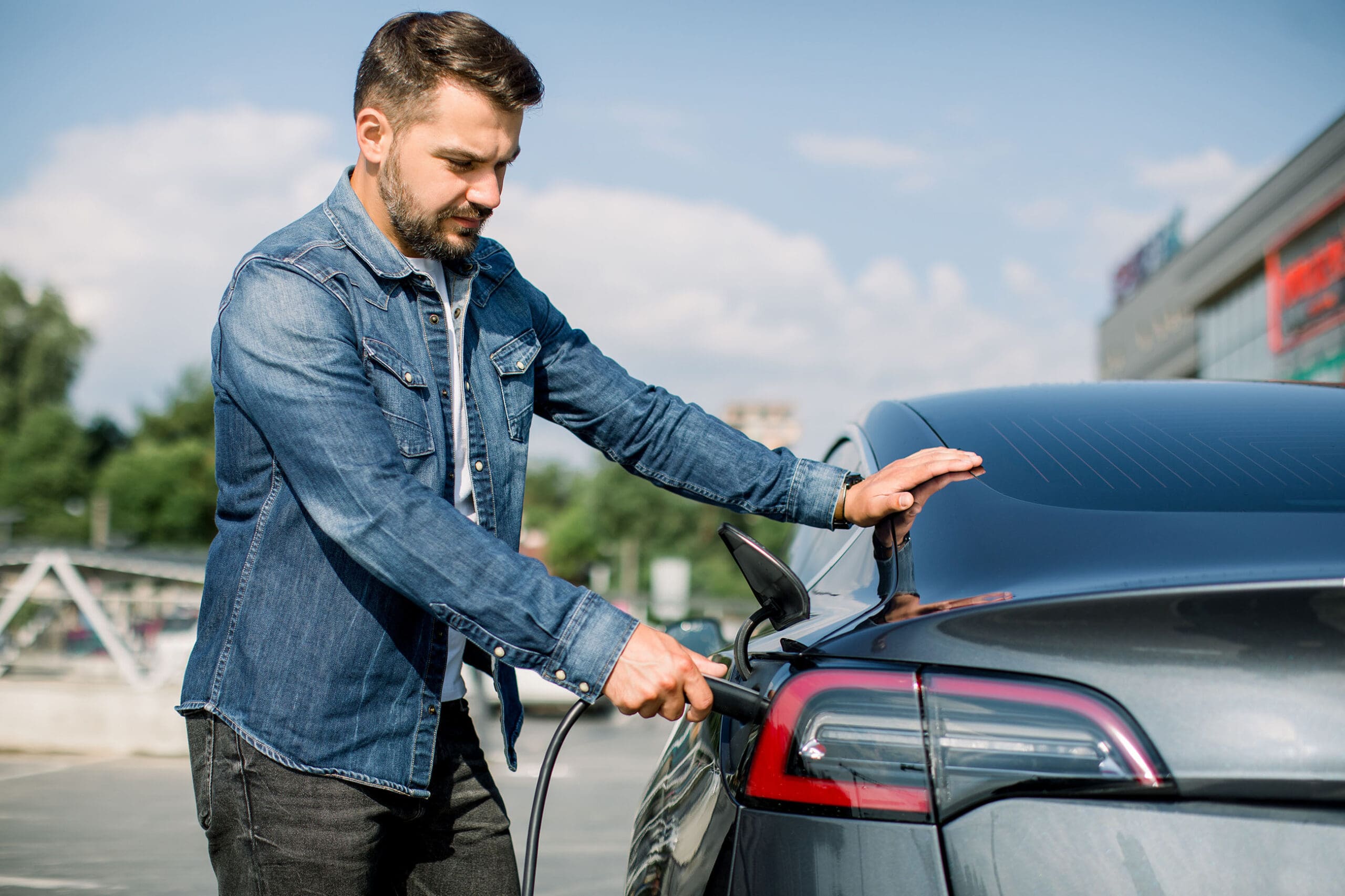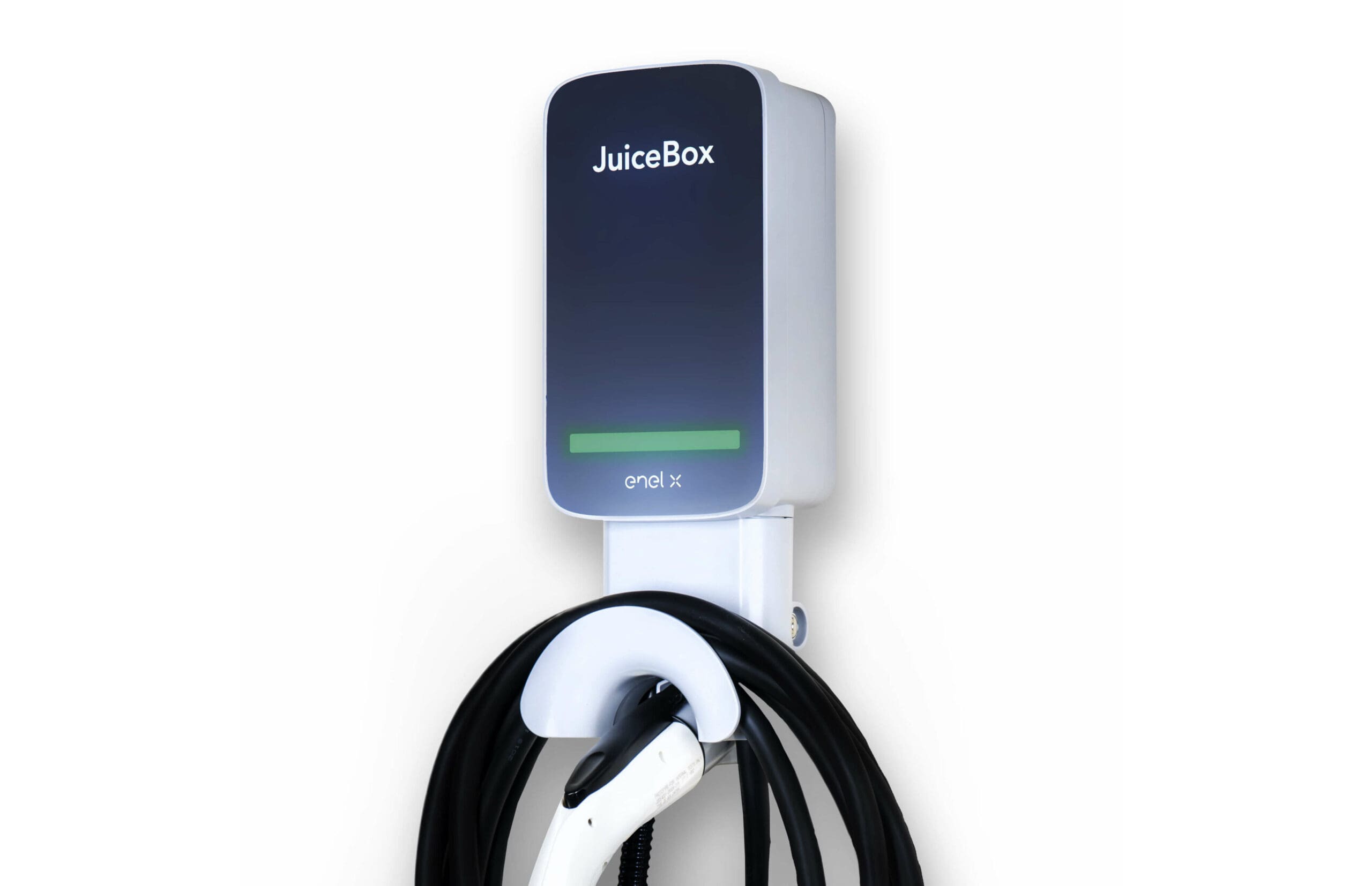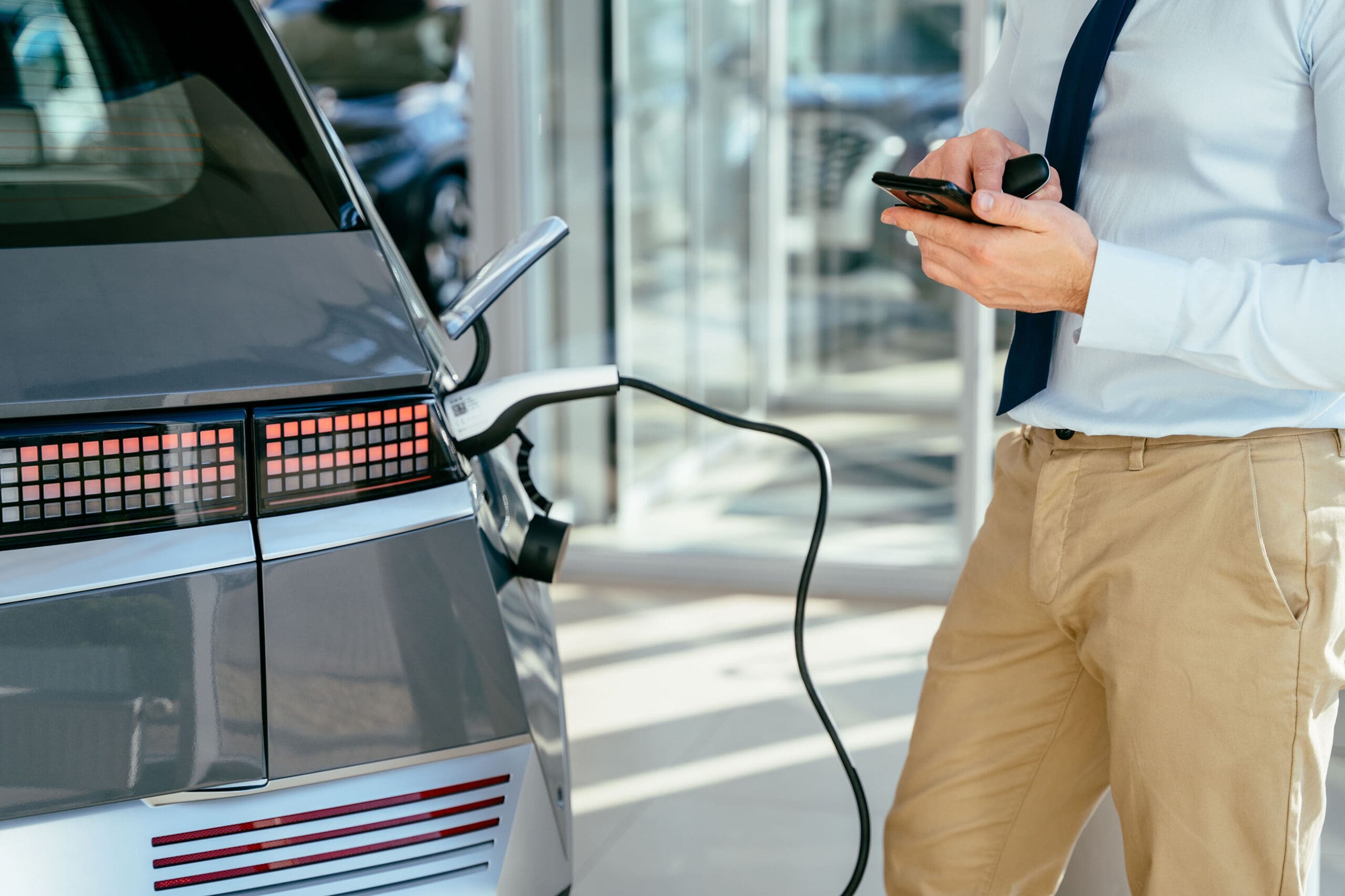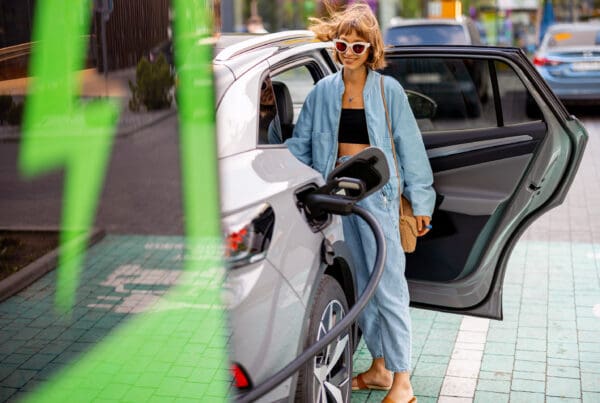If you run a business—or just about any other enterprise that serves people—you should be considering installing an electric vehicle charging station.
You may already be sold on the idea—but not sure how you would pay for it.
Here’s the good news—the government wants to help you. In fact, recently passed legislation could make it easier than ever for you to install your EV charging station.

Help for Installing Your EV Charging Station
There are already multiple incentives at the federal, state and local levels for organizations that install EV charging stations. And, importantly, the Bipartisan Infrastructure Law signed by President Biden also provides substantial funds for states to use toward the same purpose.
Here’s what that means:
The Bipartisan Infrastructure Law includes an EV charger installation program administered jointly by the Department of Energy and Department of Transportation. It allocates $5 billion to the states, distributed over five years, and establishes a National Electric Vehicle Infrastructure (NEVI) Formula Program to guide the states in their use of the funds. A primary goal is the creation of alternative fuel corridors where EV charging stations are plentiful. The idea is to make consumers feel more secure in purchasing electric vehicles, knowing that when they get on the highway, they’ll be able to find charging stations at convenient intervals. This is a direct response to one of the main concerns of would-be purchasers: the uncertainty of being able to charge their electric vehicles, especially on long trips (known as range anxiety). After all, the median range of an electric vehicle on a full charge is 234 miles—fine for most day-to-day driving, but inadequate for a trip across the country.
The program aims to establish half a million charging stations nationwide by 2030—all positioned within a mile of a designated alternative fuel corridor and spaced every 50 miles. A primary focus, logically, will be the Interstate Highway System, which accommodates so much of our long-distance travel. That system alone comprises 46,876 miles of highway, so this project will affect millions of businesses, workers, and consumers in virtually every corner of the nation. Another priority will be to locate in “rural and underserved areas”—so the benefits won’t be limited to affluent entities along the main thoroughfares.
Clearly, this represents a massive undertaking that will unfold over the next several years, with a lot of money changing hands. The important part is how it can affect individual enterprises—like yours.

From Washington—to the States—to You
To receive funds designated by the Bipartisan Infrastructure Law, each state must submit an Infrastructure Deployment Plan detailing how it intends to use the money.
The most logical approach is a public-private partnership—such as the one being implemented by the state of Georgia. The state would use the federal funds to facilitate the installation of the charging stations, but would not own, operate, or maintain them. The private partners would be selected through a competitive solicitation process. Establishments such as shopping malls and truck stops would be among the obvious prospects for the program, since they already have the most basic necessary infrastructure in place—their parking lots. They typically have substantial vehicle traffic already and most would welcome more. So, they can be expected to participate enthusiastically.
California has one of the most far-reaching NEVI Deployment Plans, hoping to see 250,000 EV chargers installed by 2025. The California plan targets parks, shopping centers, hotels, public buildings, private workplaces and multi-unit dwellings.
Nebraska will be using its $30.2 million to collaborate with businesses and other stakeholders, establishing alternative fuel corridors along Interstate Highway 80, Nebraska Highway 31, and U.S. Highway 6 in the Omaha area. The state also expects to compete for a portion of $2.5 billion in additional grant funding that is still pending.
Your state undoubtedly has its own plan in place already. So, it would make sense to inquire about how your business can participate.

Obtaining YOUR EV Charging Station—HiOn Is Here to Help
Sorting through the maze of state, federal and local requirements in this industry can be a daunting task—not to mention keeping up with new developments as they change from day to day. It’s good to know you can call on a company that’s already established in the field and familiar with the complex details of the various government programs.
At HiOn EV, we deal with these challenges every day. We’re experts at securing funds for establishments like yours. In fact, we can handle the entire project for you—from concept through the installation and long-term management. We handle the details. You reap the benefits.
EV charging stations are going to be coming to your neighborhood—in large numbers. And smart businesses are going to take advantage of the generous government incentives that are available. Yours should be one of them. Find out more today.
Want EV charging at your facility at no out of pocket cost to you?
Contact HiON today for details.





